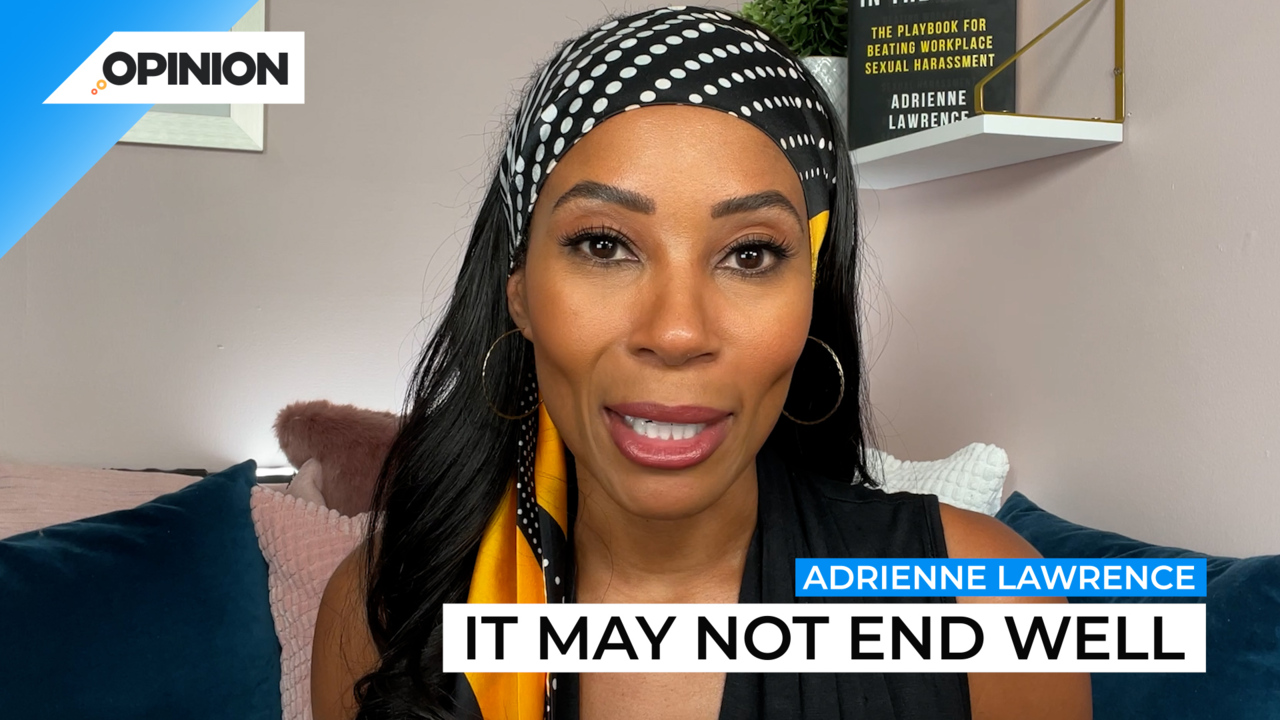
Commentary
-
Our commentary partners will help you reach your own conclusions on complex topics.
Since Twitter filed suit against Elon Musk early last week, it’s become somewhat evident that the social media giant may prevail in the court of public opinion but not necessarily in the court of law.
On July 12th, Twitter filed suit against Elon Musk & Co. in Delaware chancery court, seeking to compel the billionaire to follow through with his promise to buy Twitter for $44 billion, or to at least pay the one billion dollar break-up fee for backing out the deal. In Twitter’s lawsuit, it argued:
From the outset of this extraordinary post-signing information exchange process, Musk accused Twitter of “lax” methodologies for calculating spam or false accounts. Knowing that his actions risked harm to Twitter and its stockholders, wreaked havoc on the trading price of Twitter’s stock, and could have serious consequences for the deal, Musk leveled serious charges, both publicly and through lawyer letters, that Twitter had misled its investors and customers. But Musk exhibited little interest in understanding Twitter’s process for estimating spam accounts that went into the company’s disclosures.
Upon Musks offering to buy the platform in April, many public figures on the right expressed joy and some even returned to Twitter, anticipating the prospect of Musk’s promise of relaxing Twitter’s speech restrictions. As a number of those same public figures have condemned Musk since backing out the deal, it would appear that the billionaire lost in the court of public opinion. Even so, it appears as though he may indeed prevail in the court of law. Here are three things you may want to bear in mind as it concerns Musk’s legal position.
First, It seems unlikely that a Delaware court will order Musk to buy the social media platform. What Twitter seeks the court to do is known as specific performance—that is, to force someone to take a certain action, in this case it’s the purchase of Twitter. Specific performance is a rare remedy under the law because our system generally tends to be against forcing people to act in the context of civil cases. Who wants to have their car repaired by a mechanic who a court said must fix your car? It may not end well. That’s why specific performance typically isn’t awarded in civil cases unless there’s land involved, such as a unique piece of real estate to be sold. For that reason, it’s difficult to think that the Delaware courts will order Musk to buy the company. Rather, if Twitter were to prevail in its lawsuit, the court may simply require Musk’s companies pay a break-up fee and the parties go on their way. That brings me to my next point…
Second, Musk may be gambling on the possibility of the court simply forcing him to pay the break-up fee. You may be thinking “It’s one billion dollars, that’s nothing minor.” Well, the court may not necessarily order Musk & Co. to pay the full $1 billion break-up fee because these fees are intended to reflect damages suffered by the party left at the alter. Twitter would have to show that it suffered one billion dollars in damages caused by Musk’s decision to back out of the merger. On July 11th when Musk announced he was backing out of the deal, Twitter’s shares dropped 11 percent, erasing about $3.2 billion in market value. But Twitter’s shares had spiked due to Musk announcing the deal, meaning the social media giant likely is in the same place now that it was before Musk even came to the table. Given that, a Delaware court may find that Twitter’s actual damages don’t amount to a one-billion dollar fee, ultimately ordering Musk to pay less to part ways. That would be a win for him.
And third, Musk may be forcing Twitter into litigation in hopes of getting the social media platform to lower its sale price. Basically, by forcing Twitter to enter litigation, the company will have to expend considerable legal fees and time, hoping for a favorable outcome at the end of a trial. This could be a big gamble for the reasons I previously mentioned. Knowing that, Musk may offer to go through with the deal at a lower sale price, forcing Twitter to take less and be done with the uncertainty of the entire matter. When it comes to litigation, it’s all about strategy. Even though he’s the world’s richest man, Musk remains personally responsible for $33.5 billion of the 44 required to complete the transaction. That gives him plenty of reason to legally maneuver as he sees fit to secure the win here. Regardless of Musk’s moves and or motives, we’ll be watching whether our virtual town square becomes yet another asset of yet another billionaire.
-
Trump-Vance ticket will implement nationwide abortion ban
Donald Trump recently accepted the Republican nomination for president and named Sen. J.D. Vance, R-Ohio, as his running mate. Vance has previously advocated for strict anti-abortion laws, in sharp contrast to Kamala Harris, the leading Democratic candidate, who went on a nationwide tour to mobilize pro-choice voters. Watch the above video as Straight Arrow News…
-
End of Chevron is an open invite for corporate corruption
On June 28, the U.S. Supreme Court overturned 40 years of “Chevron deference” in a landmark ruling that experts say will cause a “legal earthquake.” The 6-3 conservative opinion upends a long tradition of relying on neutral expertise to interpret and execute laws and regulations. Broadly speaking, the ruling empowers judges and corporations at the…
-
American democracy cannot survive if Trump wins
Public alarm over the chances of democracy surviving in America has reached a new high-water mark in the wake of the Supreme Court’s July 1 ruling in Trump v. United States, where the court expanded presidential powers for all current and future U.S. presidents. Among other things, the court may have granted U.S. presidents the…
-
Talk to your kids about sextortion
The FBI is warning Americans of a growing threat called sextortion, where online predators pose as young, single individuals to lure their victims, primarily single teenage boys, into a blackmail trap. After soliciting sexual photos or videos of the victim, the predator threatens to release the images or videos unless the victim sends money and/or…
-
Louisiana’s Ten Commandments law proves Gov. Landry is corrupt
On June 20, GOP Gov. Jeff Landry of Louisiana signed into law a new bill that requires all public Louisiana school and university classrooms to display a poster-sized printout of the Bible’s Ten Commandments. The law violates existing legal precedents regarding the First Amendment and is expected to be challenged in the Supreme Court, although…
Latest Opinions
-
 U.S. Department of Defense
U.S. Department of Defense
Congress still trying to figure out how to reduce wasteful military spending
-
 DVIDS
DVIDS
US Navy, Air Force making waves with new weapons at RIMPAC
-
 Getty Images
Getty Images
Israeli PM Netanyahu meets with Trump at Mar-a-Lago
-
 Getty Images
Getty Images
Growing US nuclear power resurgence reaches the nation’s heartland
-
 Getty Images
Getty Images
Beer from the sun, other solar thermal projects get government funding
Popular Opinions
-
In addition to the facts, we believe it’s vital to hear perspectives from all sides of the political spectrum.


